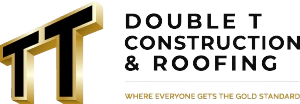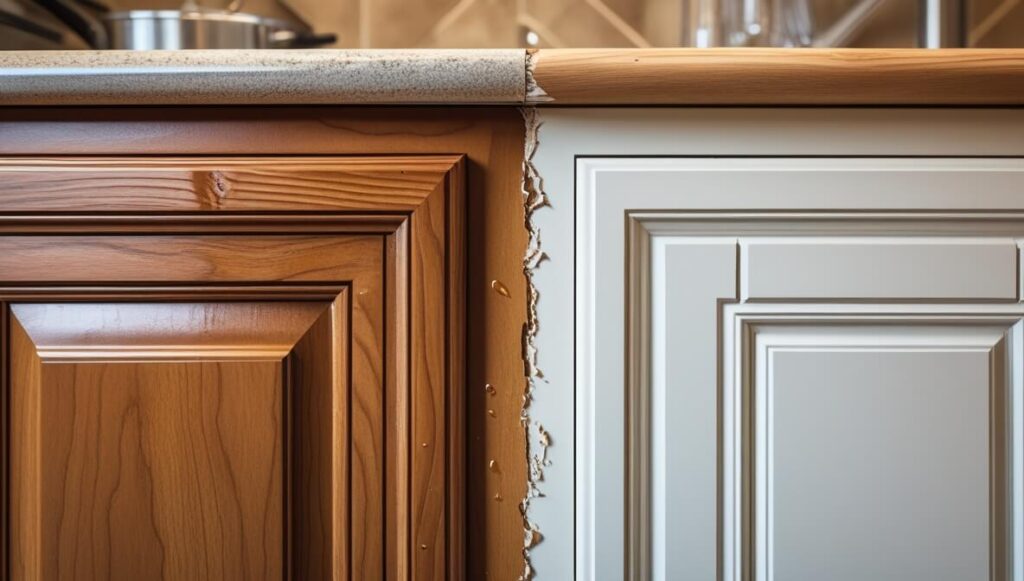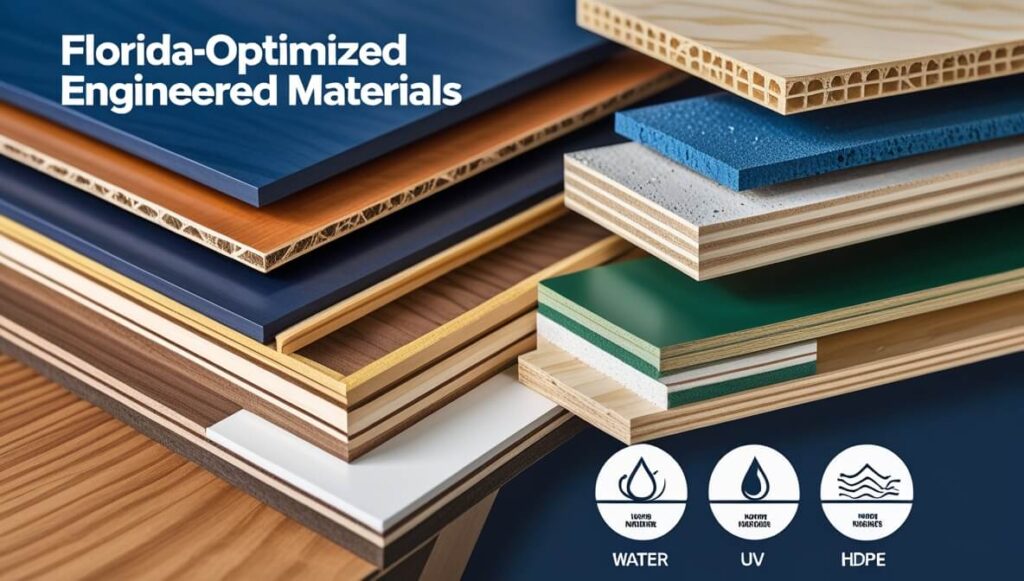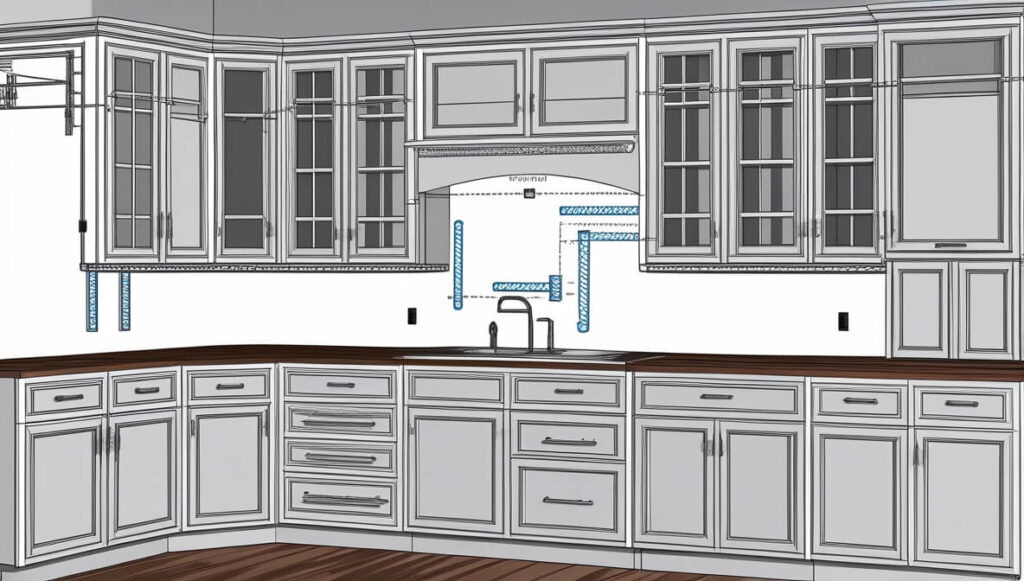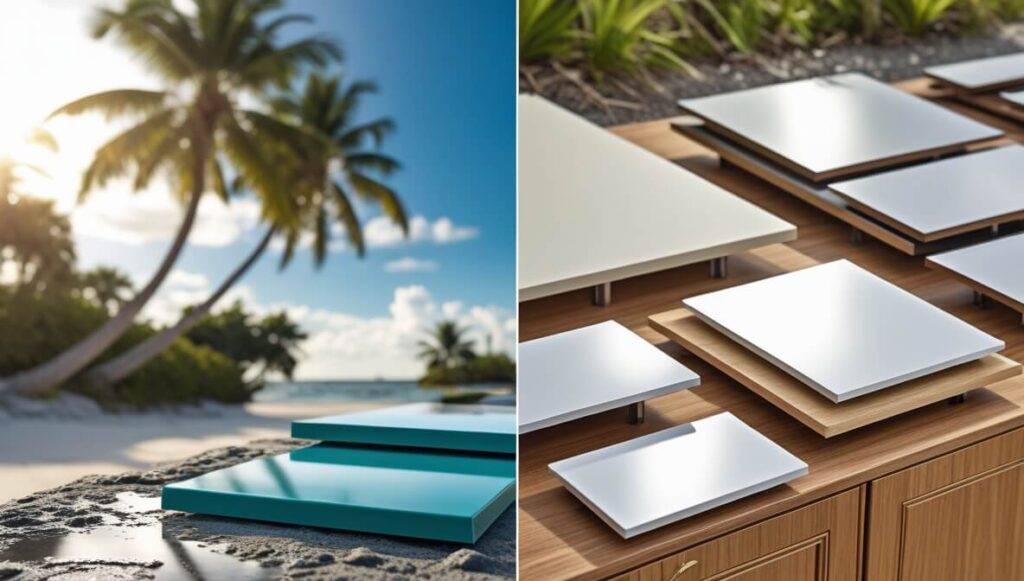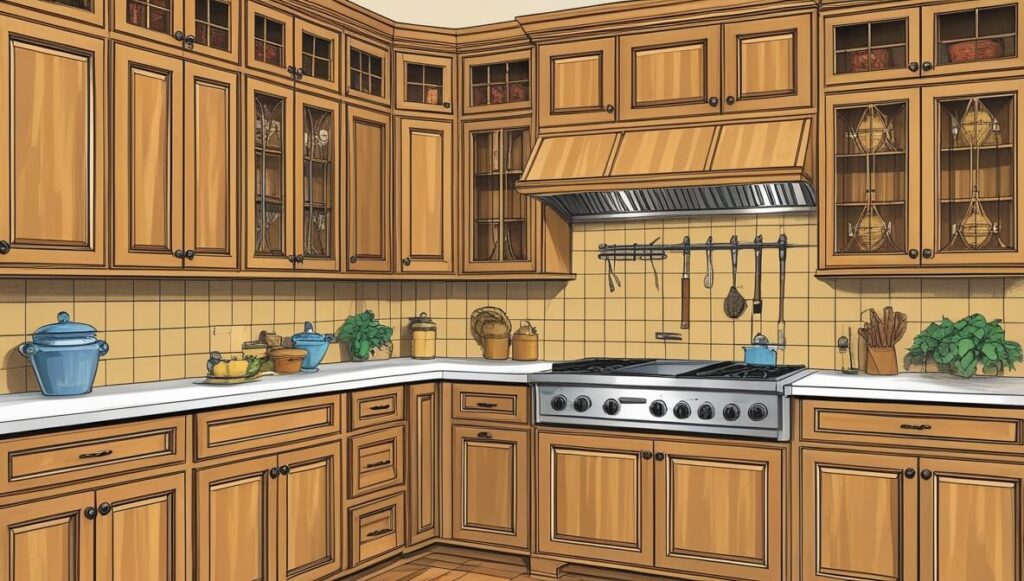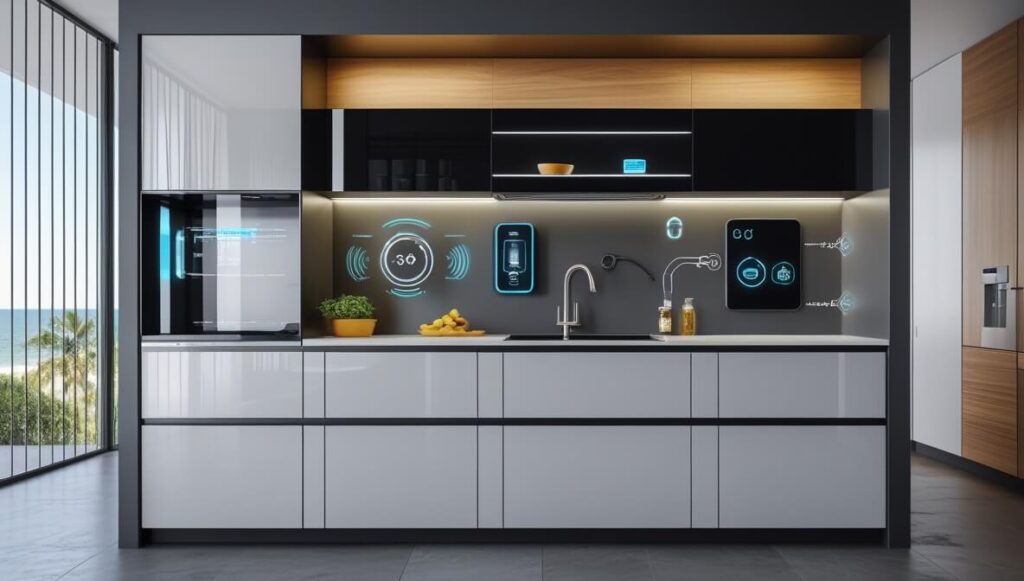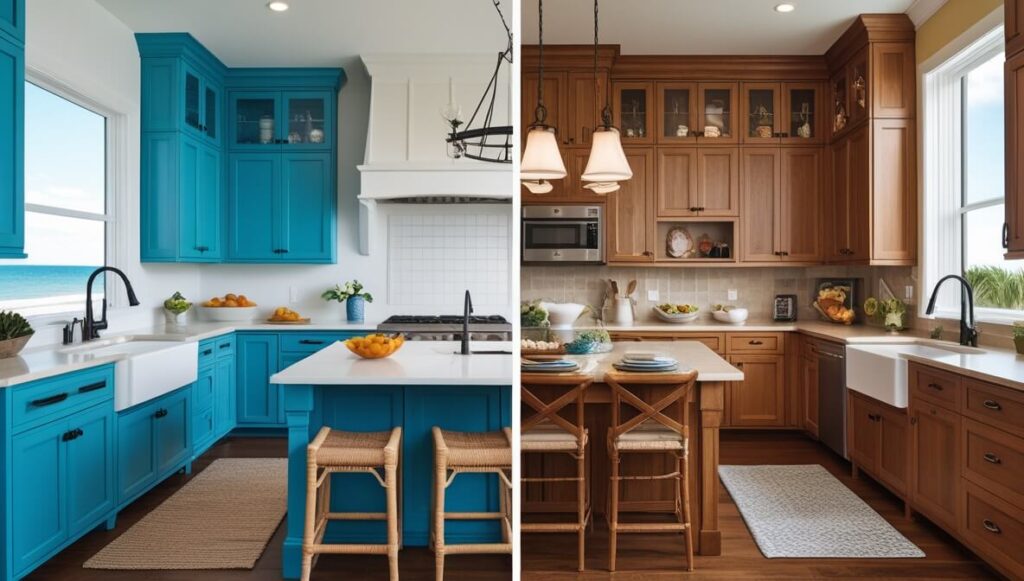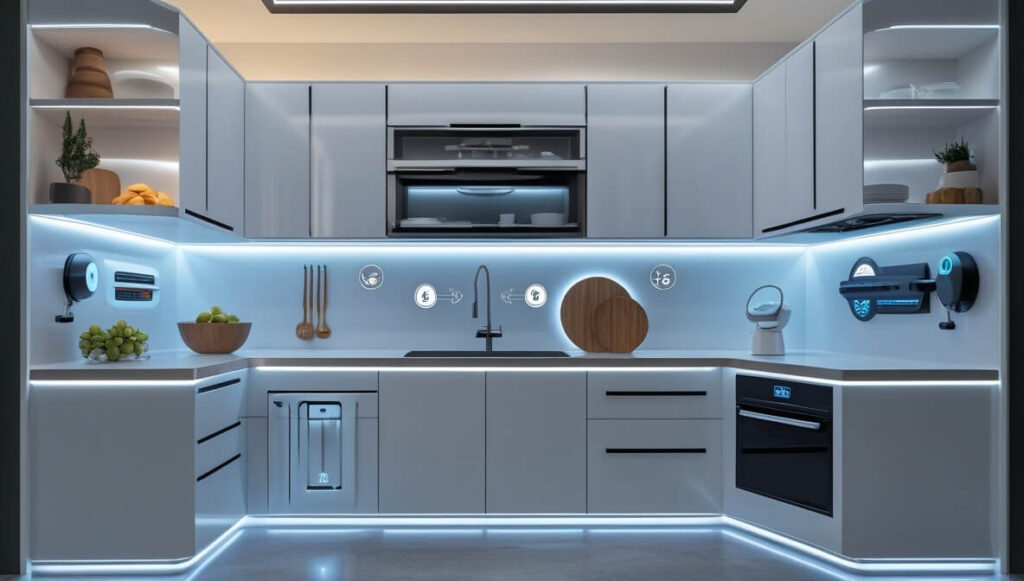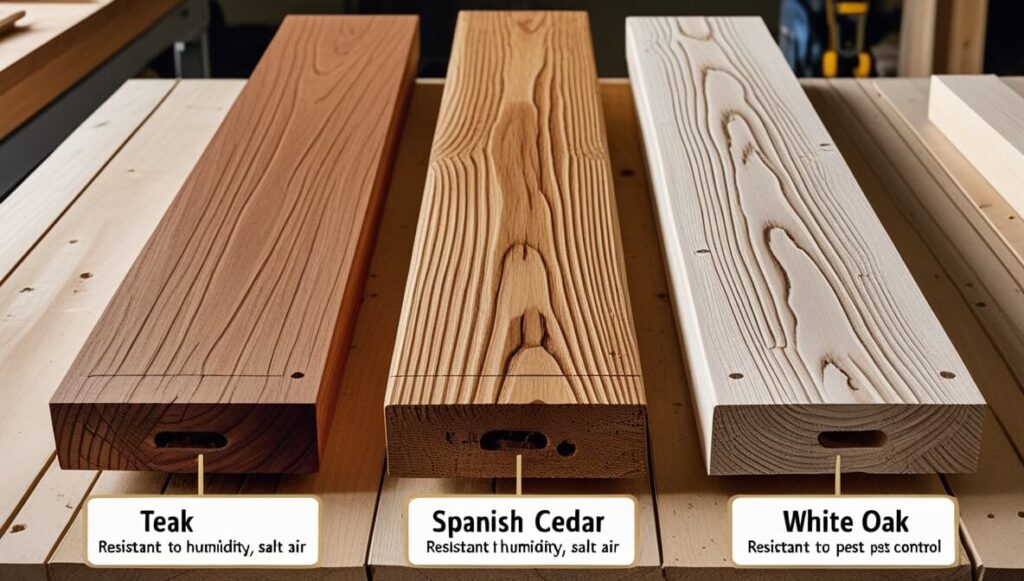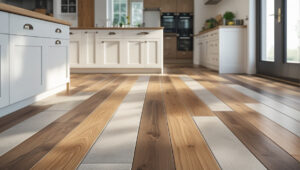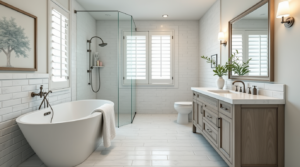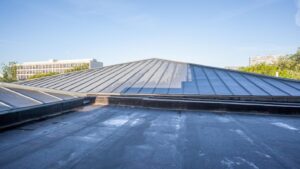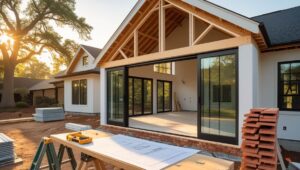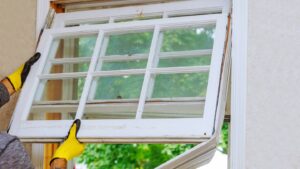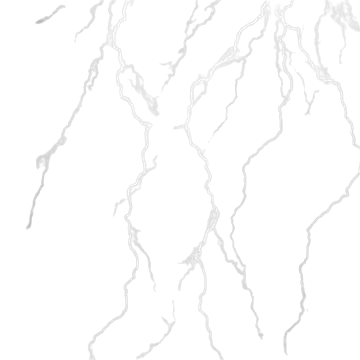We have been installing cabinets across Florida for over 20 years. I’ve learned that our unique climate demands special consideration when selecting cabinet materials. The National Kitchen and Bath Association reports that Florida homeowners spend 15% more on cabinet materials than the national average due to our specific environmental challenges. Here’s your comprehensive guide to choosing the right cabinet material for your Florida home.
Understanding Florida’s Impact on Cabinet Materials
Florida’s climate creates unique challenges for cabinet materials:
- Average humidity: 74-80%
- Annual rainfall: 54.5 inches
- Hurricane exposure
- Salt air exposure (coastal areas)
- Intense UV exposure
These factors significantly impact cabinet longevity and performance. According to the Florida Building Commission, proper material selection can double cabinet lifespan in our challenging environment.
Hurricane-Resistant Cabinet Construction
After Hurricane Ian’s impact, we’ve learned valuable lessons about cabinet durability:
Structural Requirements
- Enhanced mounting systems
- Reinforced cabinet boxes
- Heavy-duty hinges
- Additional bracing
- Water-resistant materials
Safety Features
- Positive-catch latches
- Anti-tip mechanisms
- Secondary support systems
- Emergency access features
Check our Ultimate Kitchen Remodel Guide in Florida (2025) for detailed specifications.
Florida-Approved Solid Wood Options
The Wood Database ranks these woods best for Florida:
Teak
- Cost: $200-300 per linear foot
- Humidity Resistance: 9/10
- Salt Air Resistance: 9/10
- Pros:
- Naturally water-resistant
- Excellent humidity tolerance
- Strong salt air resistance
- Cons:
- Premium pricing
- Limited availability
- Requires special finishing
Spanish Cedar
- Cost: $175-225 per linear foot
- Humidity Resistance: 8/10
- Salt Air Resistance: 8/10
- Pros:
- Natural pest resistance
- Good moisture control
- Local availability
- Cons:
- Softer than other hardwoods
- Variable color
- Premium cost
White Oak
- Cost: $150-200 per linear foot
- Humidity Resistance: 8/10
- Salt Air Resistance: 7/10
- Pros:
- Excellent moisture resistance
- Strong structural properties
- Traditional appeal
- Cons:
- Heavy weight
- Limited color options
- Complex installation
Florida-Optimized Engineered Materials
Based on testing by the University of Florida’s Building Sciences Department:
Marine-Grade Plywood
- Cost: $120-170 per linear foot
- Humidity Resistance: 9/10
- Hurricane Rating: High
- Pros:
- Superior moisture resistance
- Strong structural integrity
- Excellent screw holding
- Cons:
- Higher cost
- Limited availability
- Heavier weight
Moisture-Resistant MDF
- Cost: $90-130 per linear foot
- Humidity Resistance: 7/10
- Hurricane Rating: Medium
- Pros:
- Better moisture resistance than standard MDF
- Consistent density
- Good paint surface
- Cons:
- Still vulnerable to prolonged moisture
- Limited repair options
- Weight concerns
High-Density Polyethylene (HDPE)
- Cost: $140-190 per linear foot
- Humidity Resistance: 10/10
- Hurricane Rating: High
- Pros:
- Complete water resistance
- UV stable
- Salt air resistant
- Cons:
- Limited style options
- Higher cost
- Special installation required
Advanced Synthetic Options for Florida
Polymer-Based Materials
- Cost: $160-210 per linear foot
- Humidity Resistance: 10/10
- Hurricane Rating: High
- Applications:
- Outdoor kitchens
- Coastal properties
- High-moisture areas
- Features:
- UV resistant
- Salt air resistant
- Impact resistant
Hybrid Materials
Recent innovations combining traditional and synthetic materials:
Wood-Polymer Composites
- Cost: $130-180 per linear foot
- Benefits:
- Natural wood look
- Enhanced durability
- Better moisture resistance
- Applications:
- Indoor/outdoor transitions
- Humid environments
- High-use areas
Aluminum-Core Composites
- Cost: $170-220 per linear foot
- Benefits:
- Lightweight
- Corrosion resistant
- Strong structural properties
- Perfect for:
- Coastal homes
- Hurricane zones
- Modern designs
Regional Considerations in Florida
Coastal Areas
- Recommended materials:
- Marine-grade stainless steel
- HDPE
- Teak
- Polymer composites
- Special features:
- Enhanced corrosion resistance
- Salt air protection
- UV stabilization
Central Florida
- Recommended materials:
- Moisture-resistant MDF
- White oak
- Hybrid materials
- Marine-grade plywood
- Focus areas:
- Humidity control
- Heat resistance
- UV protection
South Florida
- Recommended materials:
- Hurricane-rated composites
- Aluminum-core materials
- High-grade synthetics
- Spanish cedar
- Key features:
- Maximum moisture resistance
- Storm protection
- Enhanced durability
Material Costs in Florida Markets
Miami-Dade County
- Entry-Level: $4,000-6,000
- Mid-Range: $6,000-10,000
- Premium: $10,000-18,000
- Luxury: $18,000+
Central Florida
- Entry-Level: $3,500-5,500
- Mid-Range: $5,500-9,000
- Premium: $9,000-16,000
- Luxury: $16,000+
Tampa Bay Area
- Entry-Level: $3,800-5,800
- Mid-Range: $5,800-9,500
- Premium: $9,500-17,000
- Luxury: $17,000+
Installation Considerations
Climate Control
- Acclimation period: 5-7 days minimum
- Ideal installation conditions:
- Humidity: 45-55%
- Temperature: 70-75°F
- HVAC operational
- Moisture barriers required
Professional Requirements
- Licensed Florida contractor
- Hurricane zone experience
- Moisture control expertise
- Local code knowledge
Maintenance in Florida’s Climate
Coastal Areas
- Monthly inspections
- Quarterly hardware tightening
- Bi-annual finish maintenance
- Annual sealer application
Inland Areas
- Quarterly inspections
- Semi-annual hardware check
- Annual finish maintenance
- Bi-annual sealer review
Environmental Impact and Sustainability
Florida Green Building Coalition Standards
- Certified materials
- Local sourcing options
- Recycled content
- VOC compliance
Energy Efficiency
- Insulated options
- Cool cabinet technology
- Reflective surfaces
- Thermal barriers
Smart Technology Integration
Humidity Monitoring
- Built-in sensors
- Smart alerts
- Automated ventilation
- Climate control integration
Hurricane Preparation
- Automatic latching systems
- Remote monitoring
- Emergency protocols
- Backup power systems
Future Trends in Florida Cabinet Materials (2025)
Emerging Technologies
- Self-healing finishes
- Antimicrobial surfaces
- Smart material adaptation
- Climate-responsive coatings
Design Trends
- Indoor/outdoor integration
- Coastal contemporary
- Tropical modern
- Hurricane-chic aesthetics
Material Selection Guide for Florida Regions
Coastal Properties
- Primary considerations:
- Salt air resistance
- UV protection
- Hurricane resistance
- Recommended materials:
- Marine-grade products
- Synthetic composites
- Premium hardwoods
Inland Properties
- Primary considerations:
- Humidity control
- Heat resistance
- Cost efficiency
- Recommended materials:
- Moisture-resistant options
- Traditional hardwoods
- Engineered products
Selecting cabinet materials for a Florida home requires careful consideration of our unique climate challenges and regional requirements. Key takeaways:
- Prioritize moisture resistance
- Consider hurricane protection
- Factor in regional variations
- Plan for long-term maintenance
- Choose Florida-appropriate materials
Ready to select your cabinet materials? Download our free budget template or use our Material Selector tool for personalized recommendations.
